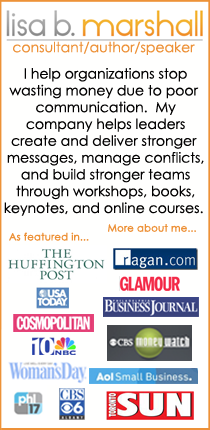Fakery among scientists?
This past Thursday the Chronicle of Higher Education reported “Journals Find Fakery in Many Images Submitted to Support Research“.
I was astounded. How could this happen?
In two weeks I’ll be at Memorial Sloan-Kettering Cancer Center delivering a talk to “young scientists” and I am now wondering if I should add a piece in that says…
“Hey, don’t do this! Why risk your career?”











There are 2 comments .